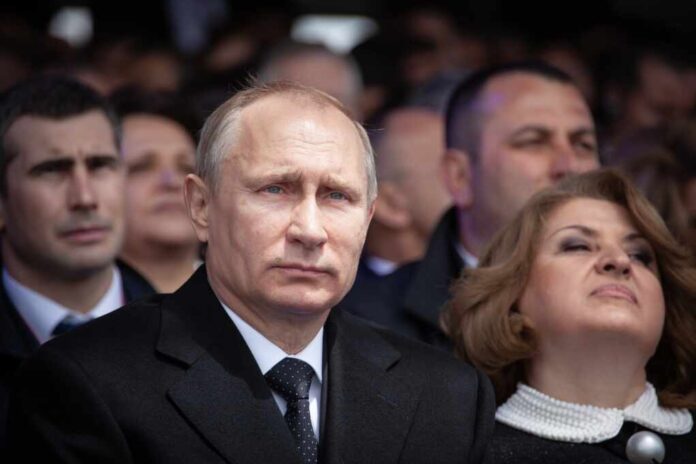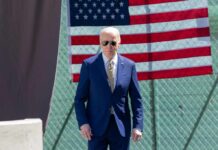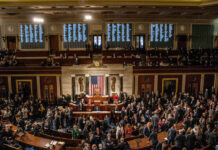
On June 14, 2024, Russian President Vladimir Putin proposed a ceasefire to permanently end the war in Ukraine and initiate negotiations. Putin’s plan includes a full cessation of hostilities and requires Ukraine to withdraw troops from the Porosha and Kherson regions as well as the People’s Republic.
Putin addressed reporters, stating, “Today, we’re making another real peaceful proposal, a proposal of peace. If they refuse once again in Kyiv, it is their business.” He emphasized that this proposal is not intended to create a frozen conflict but to achieve a lasting resolution. Putin accused the West of seeking only a temporary truce to rearm Ukraine and prolong the conflict.
NATO swiftly rejected the proposal. NATO Chief Jens Stoltenberg responded on behalf of Ukraine, refusing to consider Putin’s terms. This immediate dismissal has led to discussions about the West’s role in the conflict and its strategic interests in the region.
The social media user Clandestine, known for pro-Russian views, reported on the offer, asserting that the West initiated the conflict through a CIA-led revolution in 2014. Clandestine criticized the West for ignoring diplomatic solutions, suggesting that the U.S. and its allies are willing to sacrifice Ukrainian lives to weaken Russia.
Critics argue that NATO’s refusal is driven by ulterior motives, including allegations of bioweapon development in Ukraine that the West wants to keep hidden. They claim that a Ukrainian defeat would expose these activities, posing a significant threat to Western geopolitical interests.
Putin has offered several opportunities for diplomacy, which have all been declined by the West, according to pro-Russian commentators. They argue that the Biden administration is determined to continue the conflict to the detriment of the Ukrainian people, forcing them to fight until the last Ukrainian soldier.
The rejection of Putin’s ceasefire proposal highlights the deep-seated geopolitical tensions and the complexity of achieving a peaceful resolution. NATO’s commitment to supporting Ukraine remains steadfast, while Russia continues to push for negotiations to end the conflict. The future of Ukraine remains uncertain as both sides hold firm to their respective positions.































